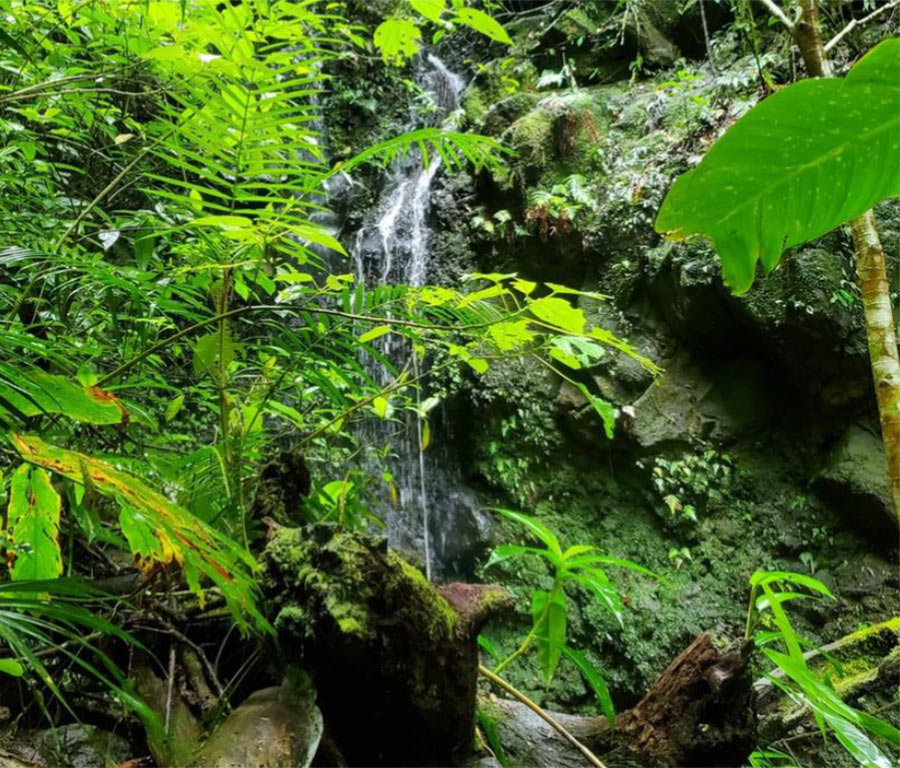Classifying forest and woodland ecosystems and assessing their degradation in the context of limiting imported deforestation:
An International Workshop
On October 23rd 2024 from 3 pm to 6 pm (CET)
Context:
The European Deforestation-free Regulation which came into force in June 2023, aims to prohibit the placing on the European market or export from it of products associated with deforestation or forest degradation since 31 December 2020. The possible revision of this regulation after two years leads us to reflect on topics such as the definition of forests or forest degradation. This new regulation also feeds the ongoing Strategic Dialogue on the Future of EU Agriculture.
In this context, the “Forest and Societies” research unit from the CIRAD Environment and Society department has been coordinating a project on the “Development of a method to classify tropical forests by considering their ecological diversity and degradation state – Case study in Brazil”. This project is funded by the “Agence Française de Développement” in the framework of the CST-Forêt.
The aim of this project is to refine the characterisation of forests by linking their definition to an ecological classification of forests that would make it possible to distinguish undisturbed or little disturbed tree forests from highly degraded forests. The research focuses on a case study covering a wide range of tropical wet and dry forests: Brazil.
The Project consortium has the great pleasure to invite you to a workshop presenting the first results of this project. This workshop is also organised as part of the EURAGRI CLG conferences.
The conference underscored the vital role of aligning public policy and scientific research in addressing global forest deforestation and degradation. Science offers technical solutions, particularly in forest classification, and while promising new tools are emerging, further development is needed to make them fully operational.
Two additional critical themes were highlighted. First, forests must be increasingly considered integral components of natural ecosystems, capable of delivering many ecosystem services beyond their immediate value. Second, incorporating social sciences and humanities inputs is essential for more holistic approaches and solutions.
While the discussions focused on physical land cover, the importance of land use—how people manage and interact with the land—was highlighted as equally significant in shaping outcomes for forests and the broader environment.

Workshop program:
| Presenter | Presentation title | Approx video time
(hr: min; second) |
|---|---|---|
| Workshop Introduction slides. | ||
| Rémi d’Annunzio (FAO) | Challenges and digital solutions for monitoring forests in due diligence declarations associated with international regulations. | 00:8:50 – 00:19:00 |
| Antoine Haouchine (DG ENV) | Reminder of the European Deforestation-free Regulation. | 00:21:44 -31-35 |
| Camila Rezende (CIRAD) | Classifying tropical forests and assessing their degradation. | 00:34:00 – 00:59:36 |
| Sarah Carter (WRI) | Global Forest Watch & EUDR Forest Monitoring. | 01:20:28 – 01:38:20 |
| Kate Parr (University of Liverpool) | Distinguishing tropical grassy ecosystems and why it matters. | 01:40:30 – 01:58:45 |
| Discussion | 01:59:44 – 02:55:00 |
